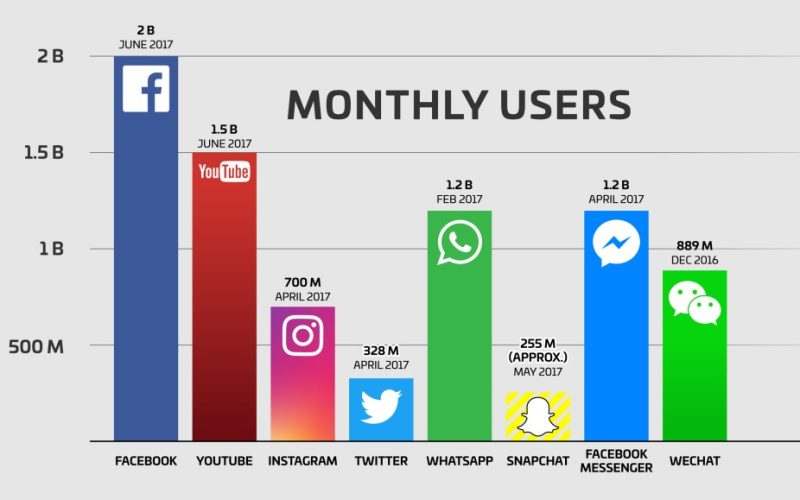Are we human beings unable to resist an offer? Many consumers will say that of course they are capable of not falling, that their purchases are quite thoughtful and that nothing succeeds in dragging them to consumption, no matter how good the price is. However, market data and shopping psychology do not say the same thing. Neither do advertising behavior patterns.
In the latter scenario, consumers end up biting more the better the prices offered to them. Consumer psychology has been pointing this out for years. There is, for example, the charm of certain prices, which achieve a better reaction at the point of sale, creating the illusion that they are much cheaper.
Anyone before buying something that costs 8.95 or 8.99 compared to a product that is already positioned at 9 euros. In reality, the savings are minimal, but the perception of our subconscious is that you are making a great purchase. You are saving. The same happens with 3×2 offers or promotions that apply certain discounts for buying more than one unit. You may not want all that amount of product but it is almost impossible to resist.
It’s a bargain! , or at least that’s what our brain is taking for granted. And this is also what happens when consumers are faced with social media advertising. If advertisers want to get a response, what they have to do is place an offer.
Buy by offer
A study on the US market collected by eMarketer confirms this: most consumers say that they have bought a product after seeing it in an ad on social networks because it paid off. Thus, 60% of those surveyed say that they were influenced by a social media campaign to buy something because it offered them a discount. It is the highest percentage and beats without problems to more repetitive and analyzed issues, such as the impact of influencers.
Of course, not only discounts are key. Companies must also be very aware of their reputation and that consumers are distrustful in social media environments. Thus, 44% bought because the brand seemed to be trustworthy and because they trust that it will respect their personal data.
Surpassing other popular spots
In front of them, 34% did so because the ad attracted attention, 32% because the campaign seemed relevant or personalized and 28% because it included a consumer’s testimony. Less relevant are the values and mission of the brand, which in the case of social media campaigns only affect 23% of cases. Even less important is the presence of an influencer.
Only 18% of those surveyed say that they were influenced in their purchases by an ad on social networks because it was a promotion from an influencer or because an influencers validated the product. Therefore, it is very important that marketers are not blinded by fashion elements and that they are very aware of what it is that really triggers purchasing decisions.









